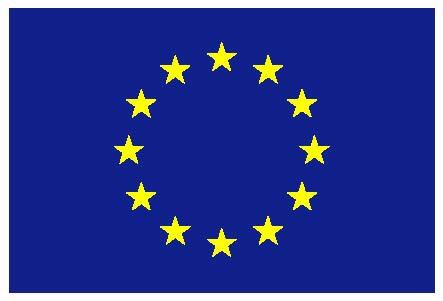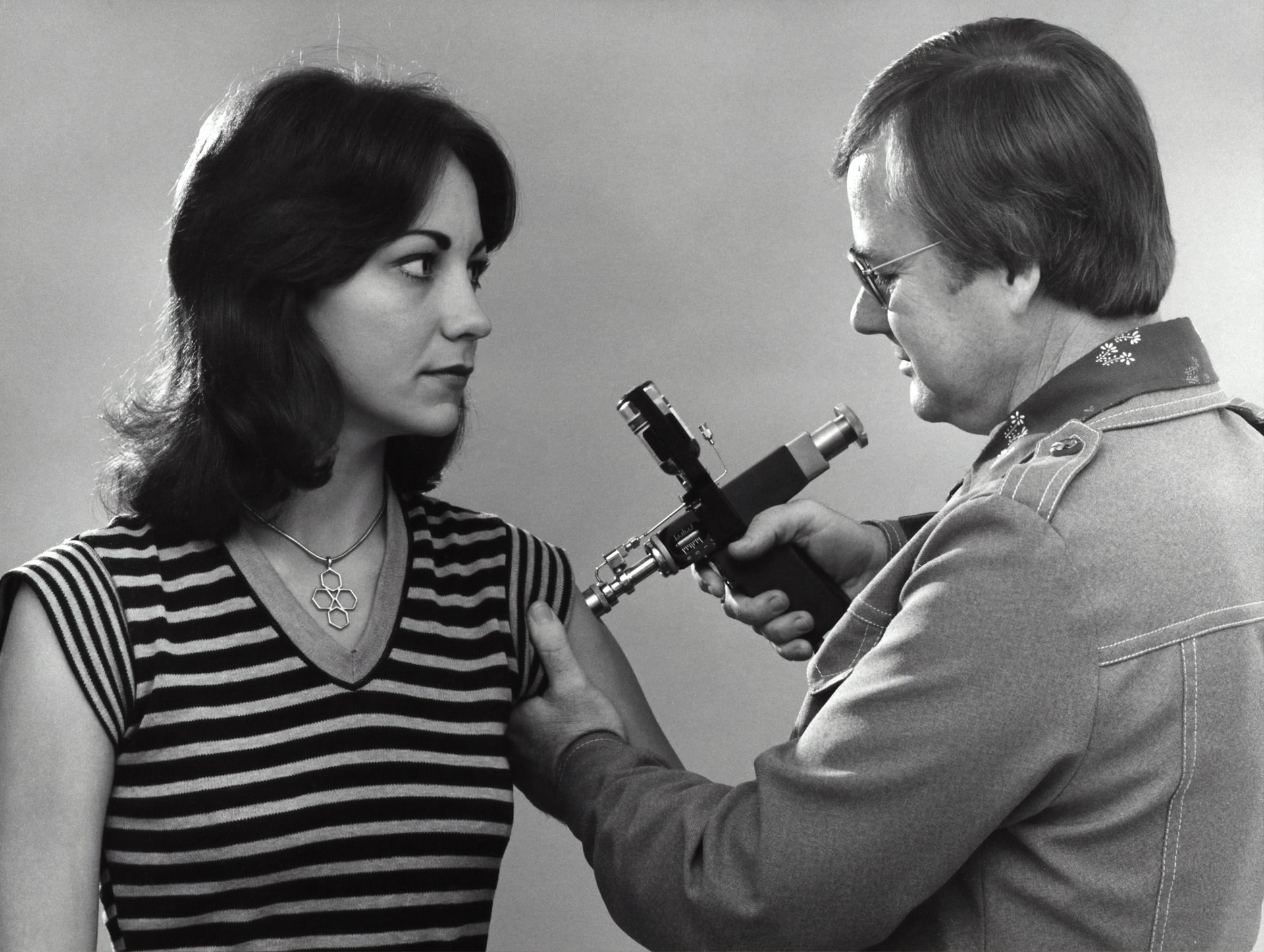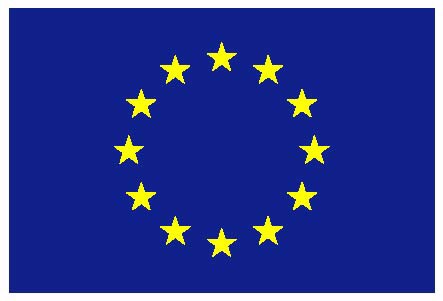UPC Representatives & Duplicate applications on the UPC CMS
It’s nearly three weeks since the start of the Sunrise Period for the Unified Patent Court and the production version of the Case Management System (CMS) was switched on. Before the Sunrise Period started the biggest question I had over the CMS was whether it would cope with the expected influx of opt-out registrations. However, with only 2217* opt-outs lodged in the first three weeks, due in probably no small part to the fact that the API functionality has been limited, the CMS hasn’t yet been tested on that front.
On the issue of UPC representative applications however, things appear to be getting messier by the day with a proliferation of double/triple/even septuple applications associated with a single individual and, in a few cases, double “processed” registrations for the same individual.
(more…)Inclusivity, accessibility and the UPC CMS platform
Much has been written recently about the case management system for the Unified Patent Court, both on this blog and elsewhere (Kluwer blog). However, as well as issues with identifying eIDAS providers who can meet the requirements of the UPC’s strong authentication system and also provide remote identification services, IPcopy notes that the “remote ID” solutions being offered involve requirements that potentially make them inaccessible or unusable for some people.
Having recently gone through the remote ID process with one of these providers, this blog notes that, while it may be relatively painless for most users, it may be unusable for some disabled people. The fallback identification options for the provider we used require either a face-to-face visit to their premises or the services of a notary. Such fallback options will add a layer of complexity and cost.
(more…)Are the UPC rules on opt out flawed?
 With the UPC sunrise period due to start on 1 January 2023, the patent profession is anticipating filing many advance opt out requests in respect of their clients’ existing EP patents.
With the UPC sunrise period due to start on 1 January 2023, the patent profession is anticipating filing many advance opt out requests in respect of their clients’ existing EP patents.
However, is there a flaw in the opt out rules that means some EP patents will require a lot more work before they can be opted out or even make it impossible to opt some patents out? (more…)
UPC Case Management System – not ready for primetime?
 The UPC Preparatory Committee has announced a potential start date of 1 April 2023 for the unitary patent system with the sunrise period scheduled to start on 1 January 2023.
The UPC Preparatory Committee has announced a potential start date of 1 April 2023 for the unitary patent system with the sunrise period scheduled to start on 1 January 2023.
A key part of the UPC will be a fully functional case management system but there are unfortunately many unanswered questions regarding this IT platform with many patent attorneys in the dark about how to efficiently lodge bulk opt out requests and, with less than three months to go before the sunrise period is scheduled to start, a need to get to grips with the recently announced strong authentication system requirements. (more…)
FitTech IP disputes to run and run?
 As the world starts to emerge from the worst of the pandemic, fitness companies, which had driven advances in the home fitness industry as gyms were closed, are now turning to the legal system to protect their own products from competition while expanding into new lines of business.
As the world starts to emerge from the worst of the pandemic, fitness companies, which had driven advances in the home fitness industry as gyms were closed, are now turning to the legal system to protect their own products from competition while expanding into new lines of business.
In the most recent turn of events, Nike is suing Lululemon for patent infringement over Lululemon’s at-home Mirror fitness device and related mobile applications, alleging that Lululemon is infringing IP that they have been developing since 1983. This lawsuit follows Lululemon’s acquisition of Mirror, who previously produced the smart device and apps, for $500 million (£368 million) in 2020. A spokesperson for Lululemon has said that they are ‘confident in [defending their position] in , as the claims in Nike’s patents were “overly broad and invalid”.
With the home fitness industry thriving, new brands are coming head-to-head with market dominating giants. As the digital age accelerates innovation in the sporting world, organising and protecting your IP is important now more than ever, and it could save you a lot of time and money in the long run. (more…)
Grace period conflict – Can the UK join the CPTPP and stay in the EPC?

Is the UK on the road to the CPTPP?
Back in June this year, the UK announced its intention to start negotiations to join the Comprehensive and Progressive Agreement for Trans-Pacific Partnership (CPTPP). For a country that is separated from continental Europe by a mere 21 miles, joining the CPTPP might raise the odd eyebrow. The purpose of this article however is to look at the possible impact that joining the CPTPP might have on the UK’s patent system.
As explained in more detail in this post on the Keltie website, the CPTPP expects signatories to the agreement to provide for a 12-month grace period for patents. The UK is also a signatory of the European Patent Convention which does not provide for a grace period of this nature. On the face of it there appears to be some conflict between the provisions of the CPTPP and the EPC. (more…)
Obstacles remain for the Unitary patent system and the Unified Patent Court
 Last week ratification legislation for the Unified Patent Court Agreement (UPCA) entered into force in Germany. This move follows years of delays caused by challenges to the UPCA in the German Federal Court.
Last week ratification legislation for the Unified Patent Court Agreement (UPCA) entered into force in Germany. This move follows years of delays caused by challenges to the UPCA in the German Federal Court.
On the face of it, the path to a functioning unitary patent system seems clear and a new operational start date of “around mid-2022” has been published by the UPC Preparatory Committee. However, a number of further steps and obstacles remain, some of which seem more than just formalities. (more…)
The Covid “patent” waiver – solution or distraction?
 Around 25% of the population of the world is under 15 years of age. With around 7.9 billion people on Earth, that means there are approx. 5.9 billion adults on this Blue Marble. Assuming all these adults are given a 2-shot Covid vaccine around 12 billion doses are required to vaccinate 75% of the World’s population. Although somewhere north of 8.6 billion doses have apparently been ordered there is an obvious imbalance in the distribution of vaccines.
Around 25% of the population of the world is under 15 years of age. With around 7.9 billion people on Earth, that means there are approx. 5.9 billion adults on this Blue Marble. Assuming all these adults are given a 2-shot Covid vaccine around 12 billion doses are required to vaccinate 75% of the World’s population. Although somewhere north of 8.6 billion doses have apparently been ordered there is an obvious imbalance in the distribution of vaccines.
This imbalance in vaccine distribution gave rise back in October last year to a proposal from India and South Africa for a waiver from certain Intellectual Property provisions of the TRIPS Agreement. In recent weeks the clamour for such a waiver to be approved has increased and is often presented as the solution to the problem “we’re not safe until we’re all safe”. In the last week, the US apparently reversed its long standing position against such waivers when Ambassador Katherine Tai announced that the US would support waiving intellectual property provisions for COVID-19 vaccines.
However, will such an IP waiver (also referred to in the press as a “patent waiver”) be the silver bullet solution to vaccine shortages that it’s being portrayed as? (more…)
Artificial intelligence and patents: Government response to call for views
 Artificial Intelligence (AI) continues to play an increasing role in technological development. There are many questions relating to intellectual property (IP) that arise from AI-related innovation. The UK government has indicated that it wants the UK to be at the forefront of the AI revolution, and wants to create the best environment to allow AI innovation to thrive.
Artificial Intelligence (AI) continues to play an increasing role in technological development. There are many questions relating to intellectual property (IP) that arise from AI-related innovation. The UK government has indicated that it wants the UK to be at the forefront of the AI revolution, and wants to create the best environment to allow AI innovation to thrive.
Last year, the UK government published a call for views on various topics related to AI and IP. The government has now published its response, and below we summarise the response on the patent-related topics included in the call for views. (more…)





 Facebook recently announced that they were rebranding their corporate name to Meta. On one level this could look like Facebook are attempting to distance themselves from some of the negative press that has been associated with them recently. However, it also allows them to broaden their brand identity to encompass everything they are doing now and in the future. The platforms Facebook, Instagram and WhatsApp will not be impacted by this rebranding.
Facebook recently announced that they were rebranding their corporate name to Meta. On one level this could look like Facebook are attempting to distance themselves from some of the negative press that has been associated with them recently. However, it also allows them to broaden their brand identity to encompass everything they are doing now and in the future. The platforms Facebook, Instagram and WhatsApp will not be impacted by this rebranding.